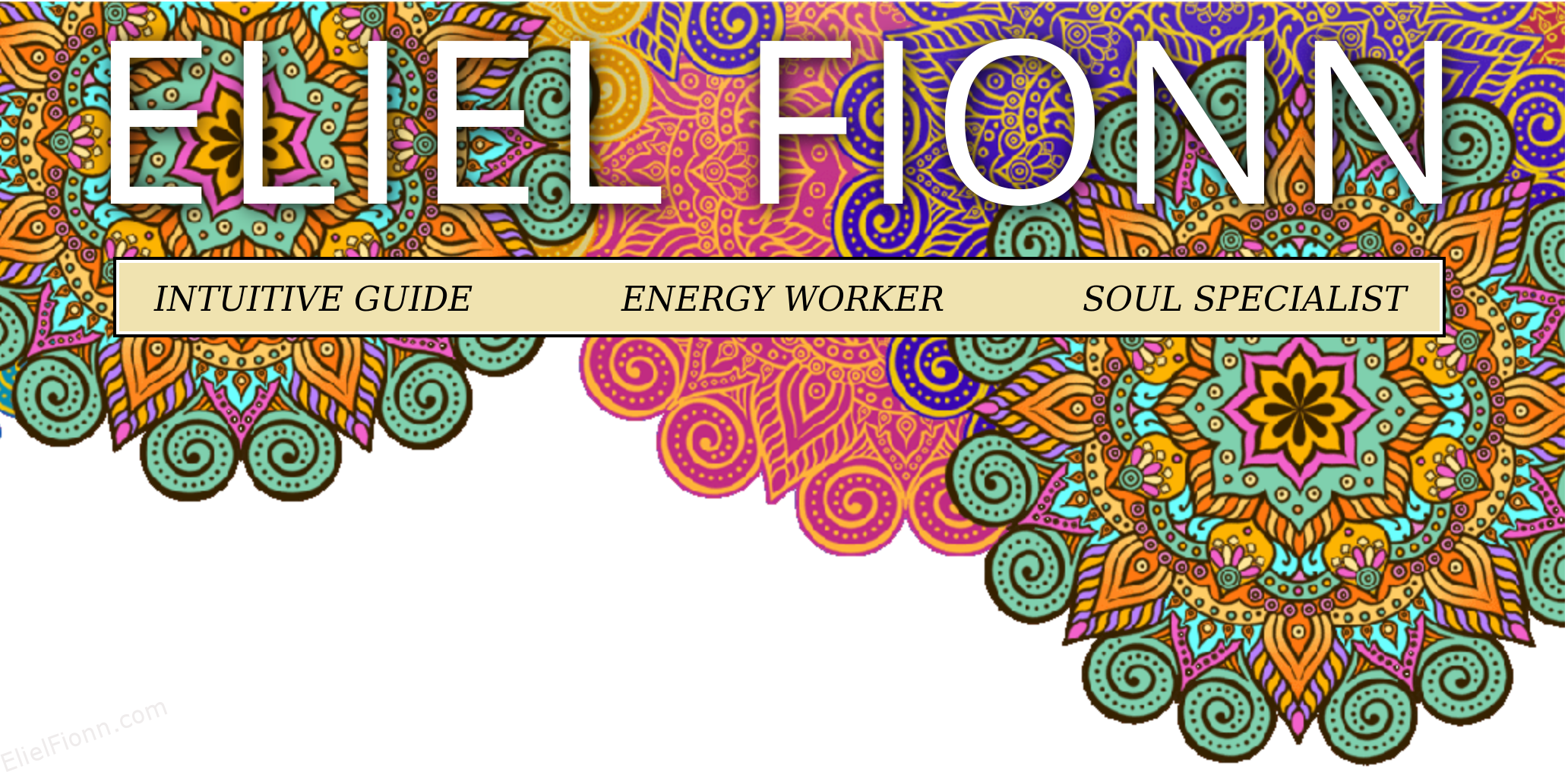Gratitude and Acceptance
After my daughter died, some well-meaning person told me that even though I had lost my child, I should be grateful for what I had. Although I was not grateful for that comment, ironically, I had just been appreciating the fact that I had enough food, a sweet husband, family, hot running water, and a warm place to sleep, and was marveling that I could still feel absolutely wretched. It occurred to me that gratitude and grief could coexist, and that in fact, most of us are grieving losses and managing to do so while going about our lives and being able to focus on other things. And we can simultaneously feel grateful and ungrateful at the same time, complex creatures that we are.
That same week another person mentioned, in relationship to injustice, that we have to accept the way things are, rather than the way we wish them to be. I immediately thought that we can simultaneously accept what is, and still strive to improve our lot in life. In fact, if we didn’t have this capacity, we would probably have remained at the hunter-gatherer stage. Women would not have the right to vote, and without the civil rights movement, well, you get the idea.
A client once told me that her spiritual teacher explained that it was her karma to be hit by her boyfriend, and she should “be in the moment and accept what is.” I won’t print what my response to that was, but I encouraged her to leave the situation immediately. We had a nice conversation about how she could apply the statement in a different way, i.e. she could accept that her boyfriend probably wasn’t ever going to change his behavior, and she needed to make decisions based upon that “acceptance.” She chose to leave, both her boyfriend and her spiritual teacher.
Gratitude practice can be a great way to move out of despair, to appreciate the people around you, to cherish your life and the world. Finding the positive can help you balance gloom with joy. But telling people that they should be grateful when going through utter hell, merely shames people by denying their experience, reducing complex emotional states into simple “ingratitude”. Gratitude also may be used as a way to minimize our pain, and I’ve heard numerous people with chronic illnesses saying how they probably should feel grateful that they’re not homeless while they are screaming in agony. Comparing pain, comparing grief, comparing suffering, isn’t the best strategy for honoring our experience.
However, finding things to be truly grateful for, the people and things in life that fill us up, that encourage and support us, gives our lives more meaning. Genuine appreciation goes a long way. People who can deeply receive others and joys in life are lovely to be around. And accepting the current state of affairs with the intention to improve them, keeps us from despair.
